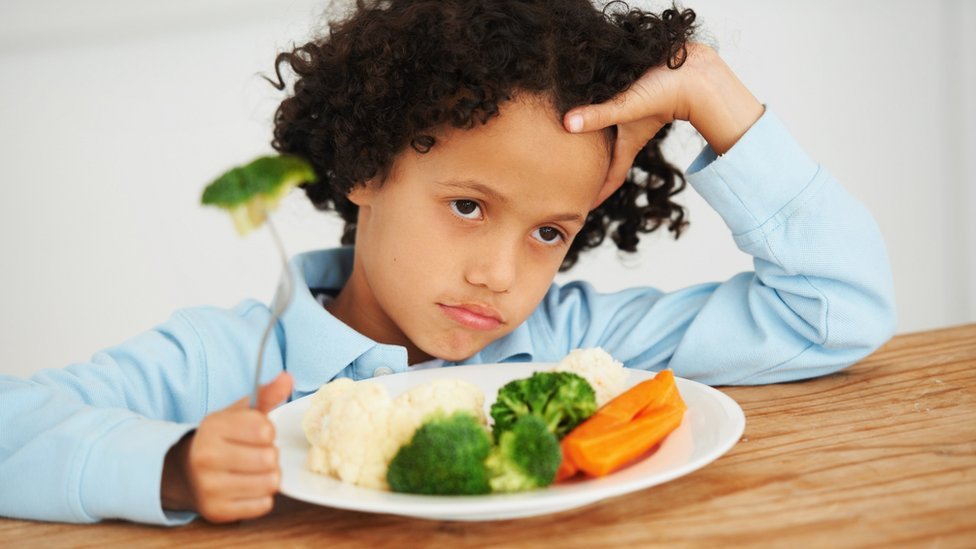Thursday, 02 May 2019 UK Education News

 Image copyright
Chaz Snell
Image caption
Parents in Leeds were offered classes in how to encourage their children to be healthy
Image copyright
Chaz Snell
Image caption
Parents in Leeds were offered classes in how to encourage their children to be healthy
Across the UK, record numbers of children are obese - but one city appears to have bucked the trend.
A key part of the city's strategy for tackling obesity was a focus on pre-school children and offering parents classes in how to encourage their children to be healthy.
But it's not always easy for parents and carers to know how to approach the subject of food. So what are the best things they can do?
Tina Le delivers similar workshops to those that have been taking place in Leeds to parents in east London.
She says giving children an input into what they eat from an early age, by offering a choice of two healthy options, can help guide them towards eating well.
"This can help minimise the risk of refusing to eat something completely and it helps them feel in control," she says.
"When we don't give children an option, they can feel quite shut down and a bit frustrated."
Anna Groom, a paediatric dietician, admits it is not always easy if a child is a fussy eater.
She says starting with small changes can reduce the pressure around meal times and avoid arguments.
"It's important they have some safe foods that you know they like but then you can also introduce something new on their plate in just a tiny amount," she says.
Image copyright Belinda Mould Image caption Belinda initially struggled to get her daughter, Libby-Joy, to eat healthy foodBelinda Mould found this approach worked well with her three-year-old daughter, who previously would only eat sausages and baked beans.
"If we dished her up anything else she was throwing the food on the floor or just ignoring it and eating nothing," she told the BBC's Victoria Derbyshire programme.
But she says by getting her to eat small amounts of new foods regularly, her daughter now eats virtually anything.
"I say, 'you can have one mouthful just to try it and if you don't like it, you can have something else'," Belinda says.
"You need to be persistent," she adds. "So if they reject it, try again another time."
Tina says setting a good example for a child from a young age is also key.
"If you're eating healthily yourself, your child is more likely to model what you're doing," she says.
She adds that eating together at meal times also helps to encourage younger children to mimic their parents' eating habits.
Anna adds that it is important for parents not to voice negative opinions about foods they don't like around their children, as this can influence their attitudes towards new foods.
Offering rewards and praise for eating healthily can reinforce good habits, Tina says.
However, she stresses rewards should not be related to food but instead an activity like going to the park, doing some colouring or putting a sticker on a chart.
"We always say avoid bribing," she says.
"Don't say if you eat this you'll get a chocolate or some ice cream because that makes them feel the food we are asking them to eat is worth less than the reward."
Especially for older children, food and weight can be a sensitive topic, and concerns about how they look can contribute to issues with self-esteem.
A recent study found that obesity and mental health were closely linked, with obese children more likely to suffer from emotional problems like anxiety and low mood.
Tina recommends framing conversations about food in a way that avoids linking healthy eating to a child's appearance.
"Encourage them to be healthy because it makes them feel good, rather than because it makes them look a certain way," she says.
Anna agrees that language is key when addressing the issue of weight.
"It's important that the family are encouraged to make changes as a whole so the child doesn't feel singled out," she says.
"Saying things like, 'Let's become healthier as a family', means the child may not even have any idea that the parent is concerned about their weight but still improves their diet."